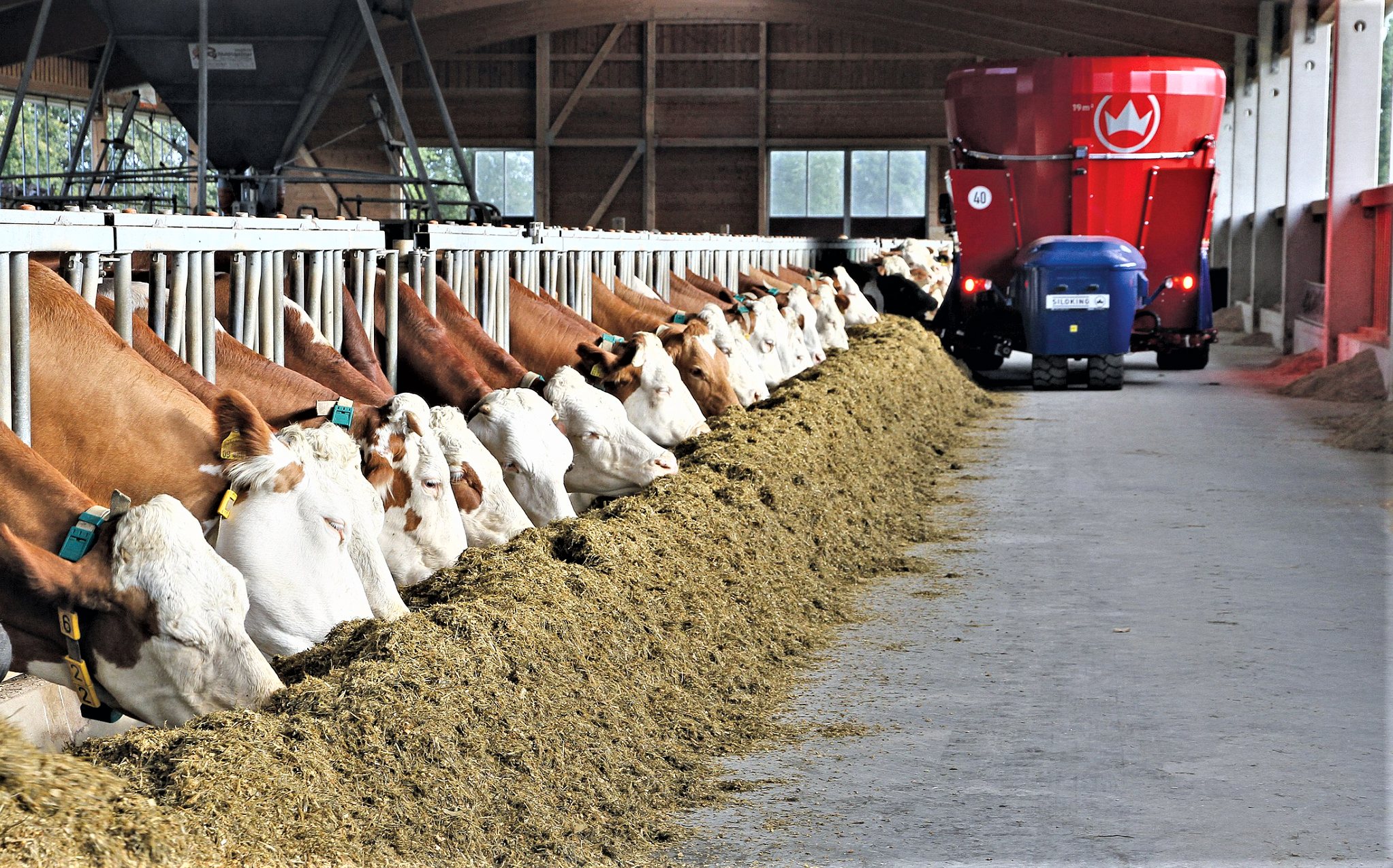Imagine if, today, right now, we could halt all fossil fuel emissions from power plants, cars and trucks, planes, steel plants, concrete, home heating and more. Wouldn’t that be enough to meet the Paris climate targets? No. Not according to a new study on the climate impact of our food and farm systems.
Unless we change what we eat, how we farm and how we produce food, we will miss the Paris climate goals, even if we stopped all other fossil fuel emissions immediately. And without action, government and industry targets of net-zero emissions by 2050 are at risk. These are the conclusions of a study by British and US scientists in the journal Science.
Is this just another round of bad news on the climate crisis? No. There is hope, solutions are known and change is happening.
While most attention is focused on the transition from fossil fuels to greener, renewable sources of energy, the study uses stark metrics to highlight the huge contribution of food and farm systems to the climate crisis, responsible for about 33% of global GHG emissions.
Animal agriculture accounts for more than half of these emissions due to methane from livestock, the use of artificial fertilizers for feed crops, livestock manure, as well as deforestation and land clearing for crops and pasture. Based on a “business as usual” approach to our food systems, the problem will worsen as we’ll need to feed almost 10 billion people by 2050 -- especially if the rise in meat and dairy consumption continues.
Chart: Clark et al, 2020, Science.
So how do we fix the problem?
According to Michael Clark, professor at Oxford University and lead author of the study, the solutions include “transitions to healthier and primarily plant-based diets, reductions in food loss and waste, sustainable increases in crop yields, and increases in efficiency of food production.”
“Switching to healthier diets that are more plant-based and lower in calories or reducing food waste could allow the same number of people to be fed with less overall food production and a smaller environmental footprint. Improved farming methods, including more efficient use of fertilizers, could help produce more food with fewer resources. These are achievable changes which would significantly reduce food system emissions,” says co-author John Lynch of Oxford University.
Collectively, at a global level, climate action needs to fit within a carbon budget to meet the emission reduction targets of the Paris accords. The study authors say that meeting these goals requires coordinated action across all major economic sectors and that focusing on fossil fuels only, while ignoring the impact of the food and agriculture systems, will not get the job done. Climate fighting measures are interrelated and interdependent.
The study recommendations could actually expand the world’s remaining carbon budget.
“If the amount of food the world needs and how it was produced were carefully planned, more land could be freed for other purposes. That includes rewilding, which would expand wild habitats on former farmland, encouraging biodiversity and fixing carbon from the atmosphere into plants,” Lynch says.
Photo: Plant-based food plate, LikeMeat on Unsplash.
While many people think their individual actions won’t make a difference, collective individual decisions are a catalyst for real change. Consumer food preferences are shifting as more people recognize the connection between the climate crisis and the food system, and are more concerned about their own health and the environmental and animal welfare impacts of the food we eat. The sizable and growing category of flexitarians e.g., 22 million in the UK, 20% of people in the US, and 37% in Canada, is leading the charge by eating less meat and dairy, and there is a growing appetite for plant-based alternatives and whole foods.
These changes in consumer preferences are driving businesses to respond. The arrival of Beyond Meat, Impossible Foods, plant-based milks and other alternative protein producers are capturing a growing, if still small, percentage of the current food market. However, food giant Unilever recently announced it has increased its revenue target 5x to 1B Euros for its plant-based food category. And the recent McDonalds’ announcement of McPlant, its new line of plant-based foods, heralds a significant shift in the market.
Despite the huge climate impact and environmental footprint of McDonalds’ operations, the fast food giant is sure to speed the trend to lower carbon foods. It has more restaurants and more revenue than any other restaurant chain globally.
Bruce Friedrich, Executive Director of The Good Food Institute told DW News, “When they do something, they do it deliberately, and they do it on a massive scale. So this means that they are certain there will be sustained demand, and that an assured supply chain will be in place by the time they launch. This is a massive development for the plant-based meat industry.”
Broader consumer support for changing the food system to fight the climate crisis will also, ultimately, put pressure on politicians to take action despite the protestations of vested interests in the food sector.
“Food systems are sort of the dark horse of climate change,” Jason Hill, senior author of the Science study and a professor at the University of Minnesota, told The New York Times.
So, will this stark new evidence propel further action on the food/animal ag connection to the climate crisis, or will we continue to drag our feet and slam the barn door long after the dark horse has left?



